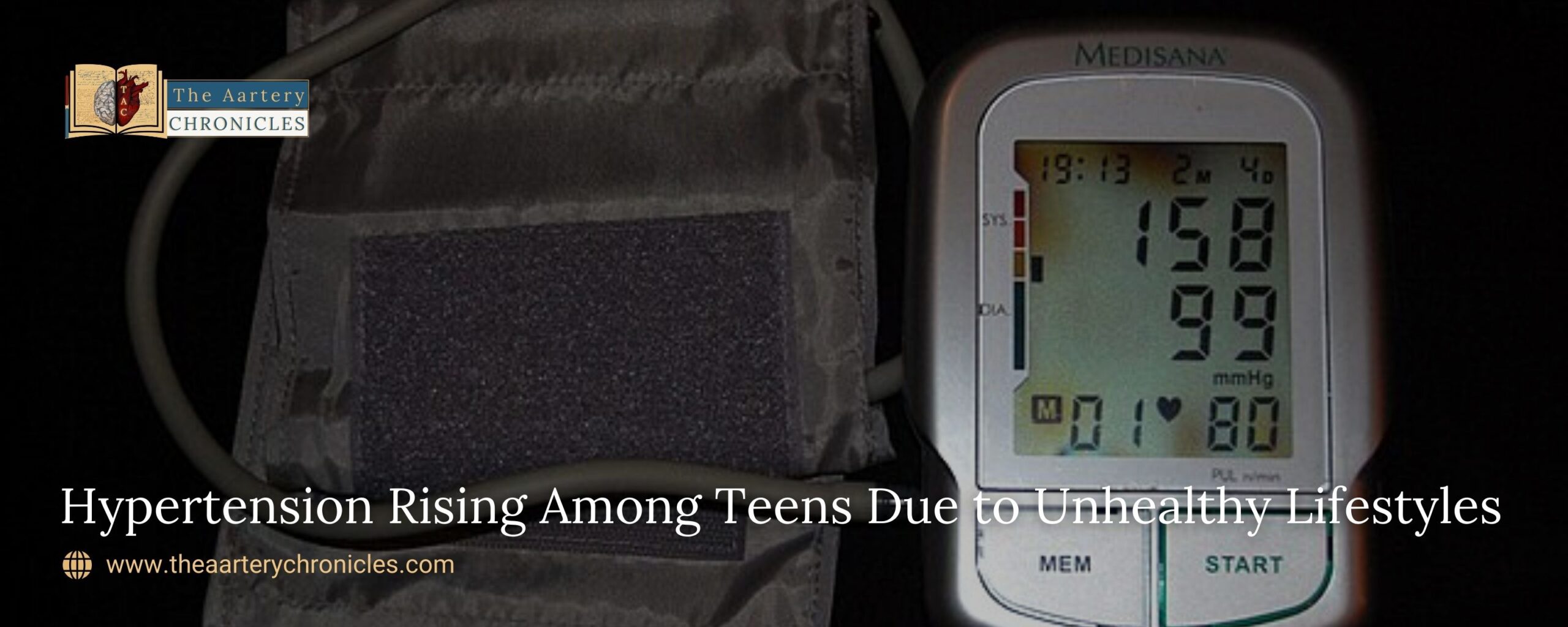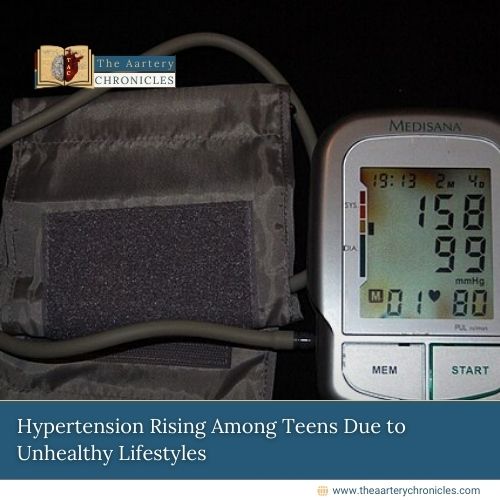
Hypertension Rising Among Teens Due to Unhealthy Lifestyles
In the past, hypertension was primarily associated with aging adults. However, recent trends indicate a concerning increase in hypertension and pre-hypertension cases among teenagers. Health experts attribute this to unhealthy lifestyle choices.
Understanding Prehypertension
Prehypertension signals an increased risk for developing chronic high blood pressure (hypertension), which can lead to heart attacks, strokes, and other severe heart issues. The nutritionist emphasized that early detection and treatment of prehypertension can reverse the condition. Key lifestyle adjustments such as maintaining a healthy weight, incorporating regular exercise, and ensuring a nutritious diet are crucial. While there is no medical treatment specifically for prehypertension, it serves as a warning sign for the potential development of high blood pressure. Fortunately, the risk of hypertension can be significantly reduced through lifestyle changes.
Global Hypertension Statistics and Risk Factors
According to the World Health Organization, approximately 1.28 billion adults aged 30-79 globally have hypertension, with a significant majority in low- and middle-income countries. Often termed the “silent killer,” hypertension is a leading cause of various heart-related diseases. It can affect anyone over the age of 20, regardless of gender. Contributing factors include a sedentary lifestyle, smoking, alcohol consumption, obesity, and unhealthy eating habits, with stress being a major factor.
Hypertension During Pregnancy
Hypertension during pregnancy can be alarming and may lead to further complications. Regular monitoring and stress management are recommended.
Ideal Treatment and Lifestyle Modifications
The ideal treatment for hypertension involves lifestyle modifications. It is recommended to adopt healthy eating habits, maintain a perfect weight, reduce salt intake to no more than 5 grams per day, engage in at least 30 minutes of exercise daily, and ensure a minimum of 8 hours of good sleep. Annual health checkups are also advised.
Impact of Diet on Blood Pressure
A high salt diet disrupts the body’s natural sodium balance, causing fluid retention and increasing blood pressure. Added sugars also contribute to hypertension by increasing obesity and raising uric acid levels, which inhibits the production of nitric oxide, a molecule crucial for blood vessel flexibility. Low nitric oxide levels contribute to hypertension. Both salt and sugar impact blood pressure, with salt having stronger evidence as a major contributor in various studies.
In conclusion, addressing lifestyle factors such as diet, exercise, and stress management is essential in combating the rising trend of hypertension among both teens and adults.
Source: Inputs from various media Sources










